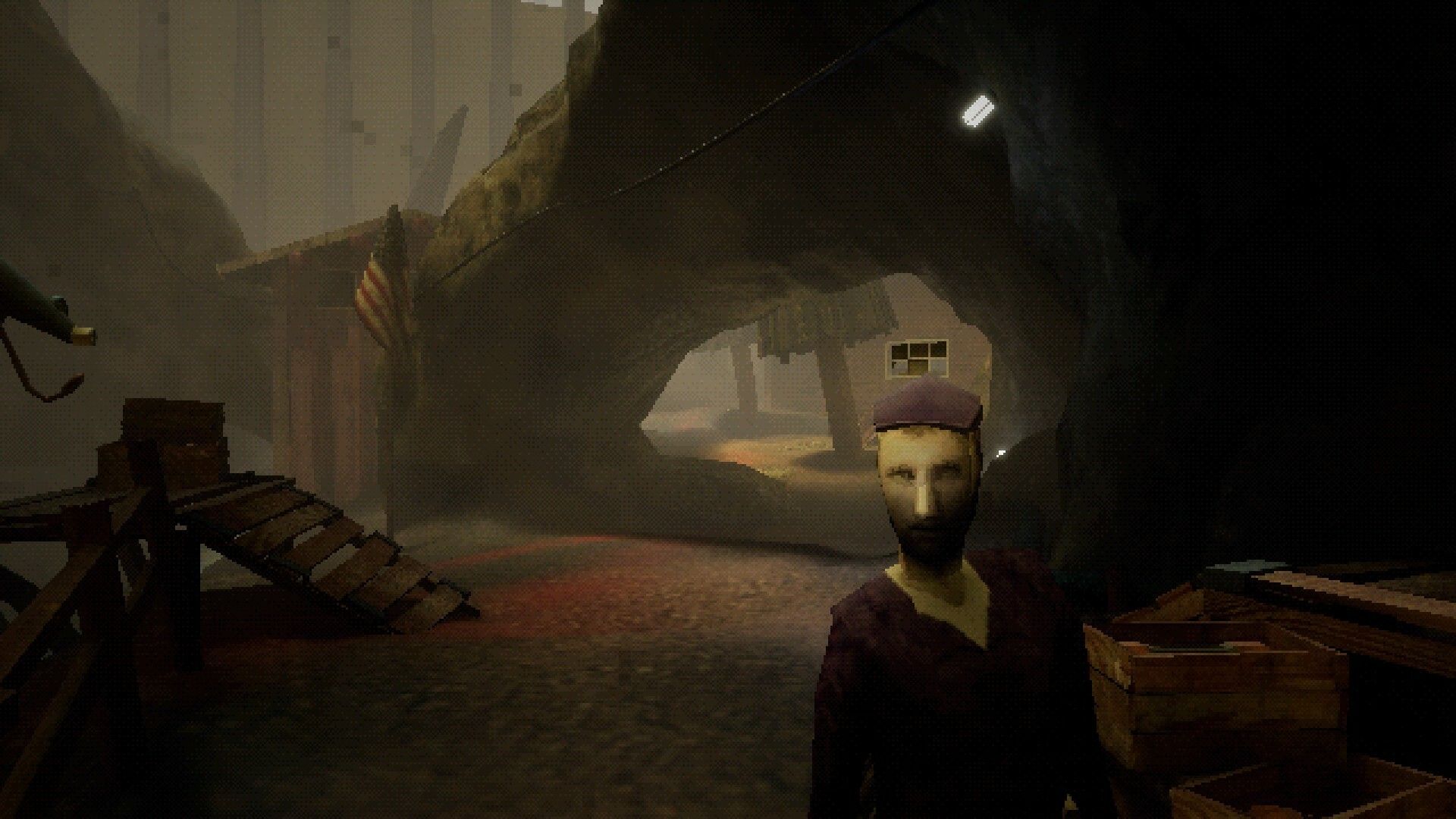Alright, show of hands: How many of you have bought a game on Steam only to never boot it up? Not to make you self-conscious or anything, but game developers can see that sort of thing behind the scenes. And at least one developer tried reaching out to those types of players directly, in the hopes that they’ll check out something truly unique about the thing they have already spent money on.
Statistics around video game completion are pretty decisive: most people who begin a game never finish it. Some people barely make progress at all. In Elden Ring, for example, around 24% of players on Steam never reached the Roundtable Hold, which is the game’s equivalent of a home base. In that case, the lack of progress has some logic to it; Souls-like games are notoriously difficult, and you need to beat Elden Ring‘s first boss to get to the Roundtable Hold. Some people probably gave up before they got that far.
Then there are the players who never start a game to begin with. In late July, ex-Arkane developer Julien Eveillé took to social media in the hopes of rousing his existing playerbase. Eveillé is the creator of Threshold, a psychological horror game with a simple premise. You are someone who works at a train station up in the mountains, and your job is to blow a whistle to make sure that the locomotives stay on schedule. But the air is thin up there, and things start going haywire soon enough. It’s a short game, but a well-received one: on Steam, Threshold has a “very positive” rating, and reviews on other gaming sites have deemed it “One of the most thought-provoking and troubling games I’ve played this year.” Threshold‘s also been nominated for and won a number of awards. Still, around 10,000 people haven’t started the game yet.
“I appreciate the support but also: Do play it!” Eveillé posted late last month. The creative urged people to try the game they already own specifically so they could try out Threshold‘s unique difficulty settings, which change depending on the player’s country of origin. Spoilers: The end of the game, which reviews have called “spectacular,” is a different experience depending on where you’re from. If you’re from the United States or China, what happens at the end will be way more difficult than if you’re from, say, India. The reason? Threshold takes into account how many animals are killed in a single day in your country. The more carnivorous your nation, the more creatures appear at the end of the game.
Eveillé points out that in France alone, 3 million animals are killed every day. While he’s not a vegan, he sees his game mechanic as an opportunity for players to face a harsh reality about the world they live in. “So the animals you see falling in the map by the end of the game are the ones killed during your playthrough time in the country you picked,” he said. In a single hour, that could mean millions of critters will spawn in your game by the end.
Speaking to Polygon directly, Eveillé says that he’s not surprised by the number of people who haven’t started his game yet, and that he doesn’t have a problem with it, either.
“I haven’t played half of my Steam library myself so it’s only fair aha!” Eveillé says. He estimates that maybe around 10 more people than average went on to play the game for two days after he made the post, though it’s hard to know if that uptick was from people reached by his plea specifically.
“You only have a really short timeframe to make your game stand out, and several months [after release], people’s attention to a specific single-player game will eventually dwindle no matter what happens or is said about it,” he muses.
As for the difficulty reveal, which isn’t explicitly stated in the game, Eveillé says that he’s been pleased with the reception to it thus far. At least some players figured it out on their own, he says.
“I really wanted to keep things secret to keep some cool surprises during the game, so it took some time before I shared that info, and it wasn’t probably the smartest marketing move either,” Eveillé says, adding, “but I really don’t care as I didn’t expect Threshold to meet such a success anyway!”











